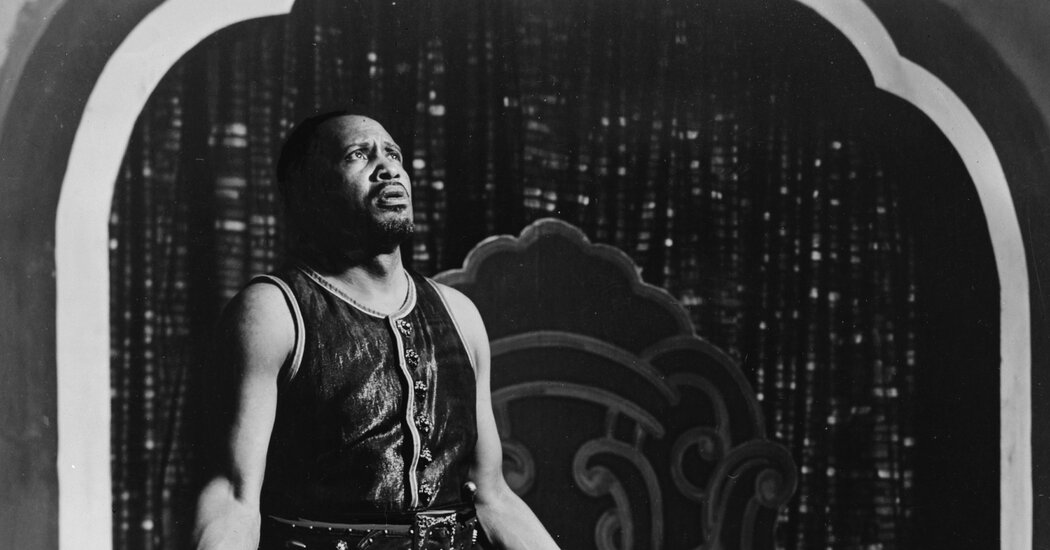The Battle for Dominance in Shakespeare’s “Othello”

Who truly holds the reins of power in Shakespeare’s timeless tragedy, “Othello”? Is it the imposing general, revered for his accomplishments, or is it the seemingly unassuming ensign who operates in the shadows? Is it the man lauded for his “free and open nature,” or the cunning sociopath who meticulously hoards secrets? This intriguing question has captivated theatergoers and readers alike since the play’s debut in early 17th-century London, and it continues to resonate today, particularly with the star-studded Broadway revival featuring Denzel Washington as the titular Moorish warrior, Othello, and Jake Gyllenhaal as the duplicitous Iago.
At the most fundamental level, the answer seems clear-cut. For those unfamiliar with the narrative, serious spoilers lie ahead. It is Iago, the deeply resentful and discontented employee, who ultimately seizes control over his superior, and manipulates everyone around him in a cold-hearted quest for vengeance. Iago not only issues orders to Othello but also skillfully convinces him that he remains in charge. In a chilling twist, it is Iago who survives the tragic conclusion of the play.
As audiences experience this latest rendition, running through June 8, one must ponder: who lingers in your thoughts long after the curtain falls? Which character’s perspective prevails in your mind? To put it another way, who truly owns the production?
While Othello himself embodies grandeur, boasts eloquent poetic monologues, and features a death scene that resonates through the ages, it is worth noting the caution expressed by Laurence Olivier. He famously worried about a younger, more brilliant Iago overshadowing him on stage, even resorting to blackface in the early 1960s—a decision that ignited controversy. Olivier’s concern underscores a vital truth: the magnetic pull of Iago’s character can often eclipse that of the tragic hero, leading audiences to grapple with the complexities of power and manipulation.




